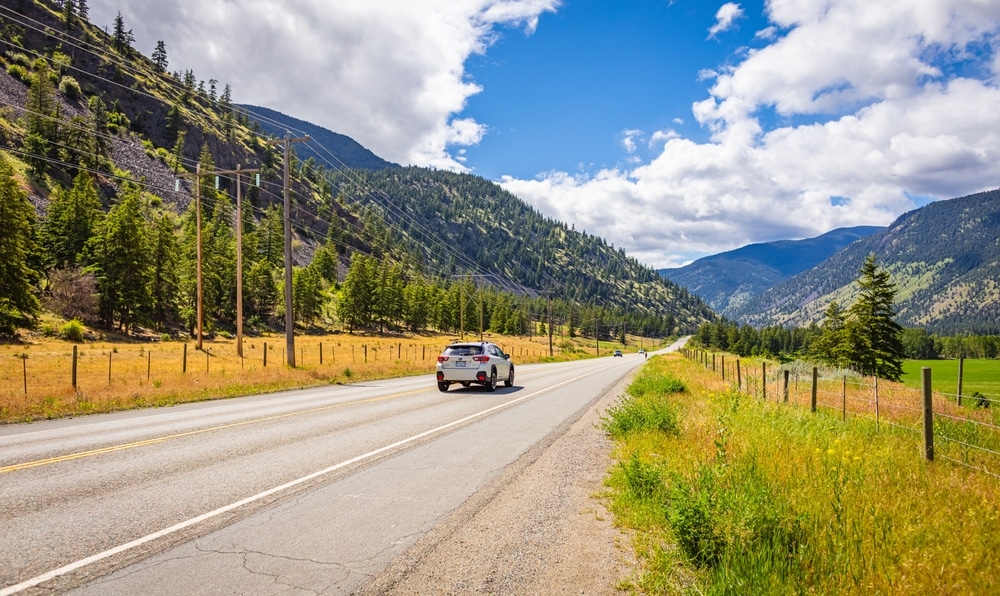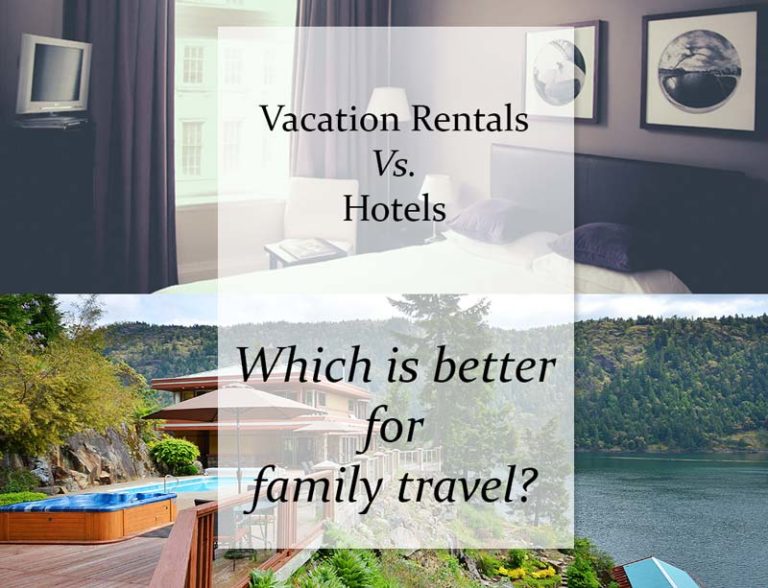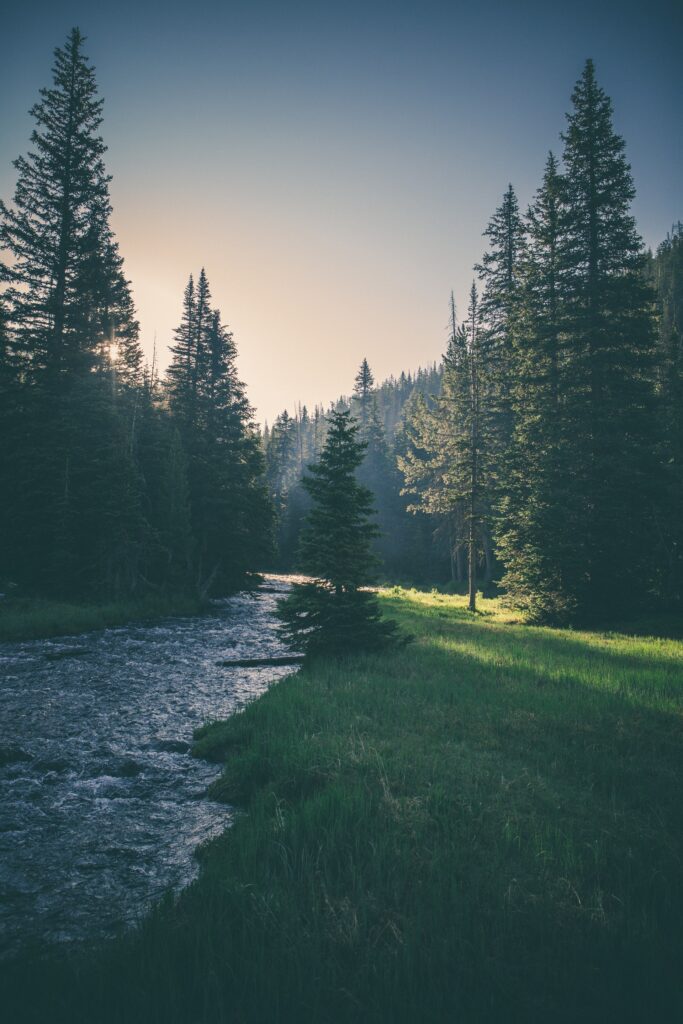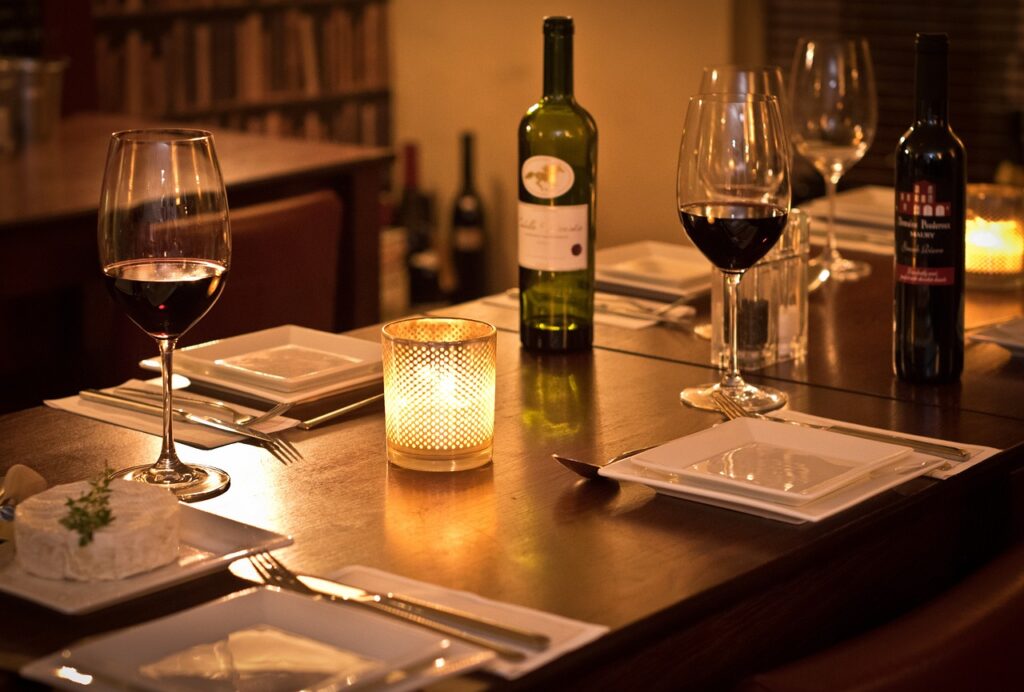Are you considering moving to British Columbia? As one of the most captivating places in Canada, it’s no surprise you’d be excited by the idea. British Columbia boasts stunning mountain landscapes, coastline views, and a healthy and diverse economy.
However, making the decision to move can be challenging, particularly if you’re unfamiliar with the region. In this article, we’ll explore several key things to consider before relocating to British Columbia, from housing options to employment opportunities.
Things to Consider Before Moving to B.C.
The Type of Lifestyle You Want
One of the first things to think about is where you might want to settle down in British Columbia. Whether you’re hoping for an urban or rural lifestyle, there are plenty of options to choose from.
- Vancouver, located on the west coast, is a bustling city with a dynamic downtown, new job opportunities, and tons of cultural activities.
- Alternatively, if you are seeking a more laid-back lifestyle, the smaller cities of Kelowna or Kamloops, located inland, can provide plenty of activities like hiking, skiing while remaining close to amenities.
Do you plan to buy a home? Or do you prefer the flexibility of renting? Regardless of what you choose, researching housing options, and the cost of living in different parts of the province before moving can be beneficial.
We’ll dive deeper into the best places to live in BC to help you answer the question, “Where?” later on.
The Job Market
In addition to finding a place to live, it’s vital to have an idea of the job market in British Columbia. The labor market is healthy and diverse, but some industries, such as forestry, mining, and tech have a heavier presence.
Make sure to do some research into your industry before you move to ensure you’ll be able to find a job that suits your skills and interests. Honestly evaluating the demands of your job and ensuring your skills match the province’s needs will aid in your decision making.
Understand though that to legally live and work in BC, you might need a special visa or permit to do so. Unless you’re from Canada, you’ll need to check your eligibility for work visa or permanent resident permits before you start applying for jobs or planning your move.
The Best Places to Live in British Columbia
With its stunning scenery, exciting cities, and friendly communities, it’s easy to see why. But where should you live? Here are some of the best places to call home in British Columbia:
Victoria
For a slower pace of life, consider Victoria. Situated on Vancouver Island, this charming city is known for its British influence, well-preserved historic buildings, and beautiful gardens.
Moving to Vancouver Island can provide you and your family the perfect lifestyle, with a balance of city amenities and easy access to nature. It also boasts a mild climate and plenty of opportunities for outdoor recreation. The cost of living in Victoria can be high but it brings along with it a lot of unbeatable perks.
Vancouver
Vancouver consistently ranks as one of the world’s most livable cities and one of BC best cities. Located on the west coast, it offers easy access to both mountains and beaches, as well as a bustling downtown core. With an ethnically diverse population, world-class restaurants, and an excellent public transportation system, it’s the perfect place for urban living.
Metro Vancouver will be the most costly, getting generally more affordable the farther away from the city center you go.
Kelowna
Located in the heart of the Okanagan Valley, Kelowna is a paradise for outdoor enthusiasts. With over 2,000 hours of sunshine per year, it’s the perfect place for hiking, cycling, golfing, and skiing. It’s also home to over 40 wineries and a thriving tech industry.
Whistler
If you’re a fan of skiing and snowboarding, Whistler is the place for you. Located just two hours north of Vancouver, it’s one of North America’s premier ski resorts. But it’s not just a winter destination – Whistler also offers plenty of summer activities, including mountain biking, hiking, and golfing.
Kamloops
Nestled in the Thompson River Valley, Kamloops offers a warm, dry climate and stunning natural scenery. It’s a great place for families, with plenty of parks, playgrounds, and community events. It’s also an affordable place to live, with a lower cost of living than many other BC cities.
No matter where you choose to live in British Columbia, you’re sure to fall in love with its natural beauty and friendly communities.
Healthcare in British Columbia
If you’re planning on moving to British Columbia, you may be wondering what the healthcare system is like in this province. Here is what you need to know:
Overview
The healthcare system in British Columbia is publicly funded, which means that most basic medical services are provided at no cost to residents. This includes visits to general practitioners, specialists, and hospital stays. Healthcare services are delivered through the British Columbia Medical Services Plan (MSP) and the Ministry of Health.
Coverage
Once you become a resident of British Columbia, you are required to apply for MSP coverage as soon as possible. This coverage provides basic medical benefits to BC residents. However, some medical services may not be covered by MSP, such as dental, vision, and prescription drug costs. Many residents choose to purchase additional health insurance to cover these costs.
Wait times
One common concern about the healthcare system in British Columbia is wait times. While wait times can be longer for non-urgent procedures, emergency and urgent care is always available. In addition, the province has implemented new measures to reduce wait times, such as increasing the number of doctors and nurses and enhancing surgical capacity.
Mental Health Services
The government of British Columbia offers a number of resources for mental health and addiction services. These include phone and text-based support lines, online resources, and a publicly funded mental health program. Access to these services may vary based on the level of care needed.
Data and Statistics
Here are some key data and statistics related to healthcare in British Columbia:
| Category | Data/Statistic |
| Life expectancy | 83 years |
| Physicians per 1000 population | 2.7 |
| Nurses per 1000 population | 9.9 |
| Provincial health spending per capita | $6,832 |
| Hospitalization rate | 4.8% |
Overall, British Columbia has a well-funded healthcare system that provides basic medical coverage to residents at no cost. While wait times can be a concern for some, the province is making efforts to improve access to care. Residents can also purchase additional insurance to cover non-basic medical services.
Education in British Columbia
If you are moving to British Columbia with children, you’ll want to know about the education options available. British Columbia has a well-respected public education system, with more than 1,600 public schools across the province. In addition to public schools, there are also private schools, independent schools, and home-schooling options available.
Public Schools
Public schools in British Columbia are tuition-free and open to all students who reside in the province. The curriculum follows the standards set by the Ministry of Education, which includes core subjects such as math, science, social studies, and language arts.
One unique feature of the public school system in British Columbia is the availability of French immersion programs. These programs, available in both elementary and secondary schools, offer students the opportunity to learn in French, with the goal of achieving fluency in both languages.
Private Schools
Private schools in British Columbia offer an alternative to public education. These schools charge tuition and are not regulated by the Ministry of Education. Private schools often offer smaller class sizes and specialized programs in areas such as arts, sports, or religion. Some private schools are also boarding schools, offering students the opportunity to live on campus.
Independent Schools
Independent schools in British Columbia are similar to private schools, but they are regulated by the Ministry of Education and receive partial funding from the government. These schools are often associated with a particular religious or cultural group, but they are open to students of all backgrounds.
Home Schooling
Home schooling is a legal and recognized option in British Columbia. Parents who choose to home-school their children must register with the Ministry of Education and follow the prescribed curriculum. Home schooling allows for a more flexible and personalized educational experience, but it also requires a significant commitment from parents.
Overall, British Columbia offers a variety of education options to suit the needs and preferences of families. Public schools provide a solid and free education, while private and independent schools offer specialized programs and smaller class sizes. Home schooling is also a valid choice for families who prefer a more individualized approach to education.
Finding Employment in British Columbia
If you’re planning to move to British Columbia, it’s essential to consider employment opportunities available. With the unemployment rate at a record low, finding a job may not be as hard as you think. Here are some things you can do to find employment in British Columbia:
Explore Job Opportunities Online
Job search websites such as Indeed, WorkBC, and Monster are excellent resources for finding job opportunities in British Columbia. Ensure that you set up job alerts for your preferred positions to keep yourself updated on the latest vacancies.
Check Newspapers and Local Magazines
The Province, Vancouver Sun, and local newspapers such as Victoria Times Colonist and Nanaimo Daily News are great resources for job postings. Job openings are typically listed under the classified section.
Attend Job Fairs
Job fairs provide an excellent platform for job seekers to network with potential employers and learn about job openings. Many cities in British Columbia hold regular job fairs throughout the year. Be sure to check out job fair schedules in your area.
Networking
Networking can be an effective way of finding employment in British Columbia. You can attend industry events, connect with people on LinkedIn, and join professional associations. Building relationships with industry professionals may lead to unexpected job or career opportunities.
Consider Volunteering
Volunteering for non-profit organizations or local charities could provide you with opportunities that you might not have had otherwise. Who knows, volunteering might turn into a paid job opportunity after some time.
According to Canada’s Labor Force statistics, the employment rate in British Columbia in 2023 was around 94.6%. With a growing economy and a relatively low unemployment rate, British Columbia offers many job opportunities for residents and newcomers alike. By leveraging the various resources available, finding employment in British Columbia can be a smoother process.
Transportation and Driving in British Columbia
When it comes to transportation and driving in British Columbia, there are a few things to keep in mind. Whether you’re commuting to work in the city or taking a road trip to explore the stunning natural surroundings, it pays to be familiar with the rules of the road and the various options available to you.
Getting Around the City
If you’re living in Vancouver or other urban centers, you’ll likely rely on public transit to get around. Luckily, the region has an extensive network of buses, trains, and ferries that can take you where you need to go. Some key points to keep in mind include:
- Transit fares are reasonable, with single trips starting at around $2.95 CAD and day passes available for $10.50 CAD
- The SkyTrain and Canada Line are fast, reliable options for travel within Vancouver and the immediate surrounding areas
- Buses are a bit slower but cover a wider range of destinations, including suburban areas and attractions outside of Vancouver proper
- If you’re traveling to and from the suburbs, you may want to invest in a Compass Card to save money on fares
Driving in BC
If you’re planning to drive in BC, there are a few things to keep in mind to ensure a safe and pleasant experience. Some important considerations include:
- Roads in BC can be winding and steep, so be prepared for challenging driving conditions in certain areas
- The speed limit on highways is generally 80 to 100 km/h, though it can vary depending on the area and weather conditions
- Distracted driving laws are strict in British Columbia, so be sure to put your phone away and focus on the road
- If you’re renting a car, make sure you have adequate insurance coverage, have a driver’s license, and be aware that additional fees may apply for drivers under the age of 25 or those with less than three years of driving experience.
Alternative Transportation Options
If you’re looking for a more eco-friendly or active way to get around BC, there are many options available to you. Some popular choices include:
- Cycling: BC has a number of bike-friendly cities and scenic cycling routes, including the famous Sea-to-Sky trail that runs from Vancouver to Whistler
- Walking: Many urban areas in BC are highly walkable, making it easy to explore on foot
- Carpooling: If you’re traveling with friends or colleagues, carpooling can be a cost-effective and sustainable option
With these tips in mind, you’ll be well-equipped to navigate the roads and transportation options in beautiful British Columbia.
Outdoor Activities in British Columbia
British Columbia is a haven for outdoor enthusiasts, offering breathtaking landscapes, diverse wildlife, and world-class outdoor activities. Whether you’re looking for a leisurely stroll or an adrenaline-packed adventure, British Columbia has something for everyone. Here are just a few of the outdoor activities that British Columbia has to offer:
- Hiking: With over 1,000 trails to choose from, British Columbia is a hiker’s paradise. From easy walks through forests to challenging mountain hikes, there’s a trail for every skill level. Some popular hiking spots include Garibaldi Provincial Park, the West Coast Trail, and Mount Robson Provincial Park.
- Skiing and Snowboarding: With over 38 ski resorts across the province, British Columbia is home to some of the best skiing and snowboarding in North America. Whether you’re a beginner or an expert, you’ll find a slope that suits you. Whistler Blackcomb, Sun Peaks Resort, and Big White Ski Resort are just a few of the top ski areas in BC.
- Mountain Biking: British Columbia’s rugged terrain and scenic trails make it a popular destination for mountain bikers. With over 1300 mountain bike trails across the province, there’s no shortage of places to ride. Some top mountain biking destinations include Whistler, Squamish, and Fernie.
- Fishing: British Columbia is home to some of the best freshwater and saltwater fishing in North America. Whether you’re fishing for salmon, trout, or halibut, you’ll find it in BC’s waters. Popular fishing spots include the Skeena River, Vancouver Island, and Haida Gwaii.
- Wildlife Viewing: British Columbia’s diverse ecosystems are home to a wide variety of wildlife, including bears, whales, eagles, and more. There are several guided tours and wildlife viewing opportunities across the province, giving visitors a chance to see these animals up close in their natural habitats.
No matter what outdoor activities you choose to do in British Columbia, make sure to follow Leave No Trace principles and respect the natural environment. With its stunning landscapes and diverse wildlife, British Columbia is a true paradise for outdoor enthusiasts.
Cultural Attractions in British Columbia
British Columbia is known for its natural beauty, but it also has a rich cultural scene that will delight any visitor. From traditional First Nations art to modern exhibits, British Columbia has something for everyone. Here are some of the cultural attractions you won’t want to miss:
Museums and Galleries
The province of British Columbia offers a wide variety of museums and art galleries. A few local favorites include:
- Museum of Anthropology (MOA): Located at the University of British Columbia, MOA is home to over 42,000 ethnographic objects and 535,000 archaeological objects from around the world.
- Art Gallery of Greater Victoria: The Art Gallery of Greater Victoria has a collection of over 18,000 works of art from around the globe, ranging from contemporary to classical.
- Bill Reid Gallery of Northwest Coast Art (Vancouver): This museum showcases the works of one of Canada’s most renowned Indigenous artists, Bill Reid, as well as other Indigenous artists from the Northwest Coast.
Festivals
While this list is nowhere near complete, you can expect to enjoy some great festivals throughout B.C. Most festivals are held during the summer when the weather is warm but you can still find others all throughout the year:
- Vancouver International Jazz Festival: Taking place annually in June, this festival attracts some of the world’s best jazz musicians and features performances throughout the city.
- Vancouver Folk Music Festival: Also taking place in July, this festival is a celebration of folk music with artists from around the world performing.
- The Powell Street Festival (Vancouver): This festival celebrates Japanese Canadian culture and heritage and features music, food, and other cultural events.
Historical Sites
For history lovers, you’ll find plenty of places to learn more about British Columbians’ past and the land now surrounding you:
- Fort Langley National Historic Site (Langley): This historic site allows visitors to step back in time to the days of western expansion in Canada.
- The Butchart Gardens (Victoria): A historic estate turned public garden, the Butchart Gardens are a must-see for any visitor to British Columbia.
- Steveston Village (Richmond): This historic fishing village is now a popular tourist destination with shops, restaurants, and museums all dedicated to its rich history.
Whether it’s museums, festivals, or historical sites, there’s no shortage of cultural attractions in British Columbia. Plan your trip today and discover the diversity and richness of this beautiful province.
Climate in British Columbia
The climate in British Columbia can vary greatly depending on where you are within the province. British Columbia is a very large province, and it spans a number of different climate zones.
In general, British Columbia has a mild and temperate climate that is influenced by the Pacific Ocean. The western regions of the province tend to have a milder and wetter climate, while the eastern regions tend to be drier.
Here are a few quick facts about the climate in British Columbia:
- Parts of British Columbia have a coastal climate that is influenced by the Pacific Ocean.
- The western regions of the province tend to be milder and wetter, while the eastern regions are drier.
- Summers in British Columbia are warm and sunny, with temperatures averaging around 20°C (68°F) to 25°C (77°F).
- Winters in British Columbia are relatively mild, with temperatures near the coast rarely dropping below freezing.
- In some parts of the province, winter sports such as skiing and snowboarding are popular.
When moving to British Columbia, it is important to research the climate of the region you are considering. Some areas of the province receive heavy rainfall, while others are very dry during the summer months. Additionally, some parts of the province have colder winters than others.
Overall, British Columbia has a varied climate that can be appealing to those who enjoy the outdoors. With mild temperatures and plenty of opportunities for outdoor activities, British Columbia is a great place to live if you love nature and adventure.
Ready to Move to British Columbia?
Moving to British Columbia can be both exciting and challenging. This province offers a variety of opportunities for work, leisure, and education. By deciding to move to British Columbia, you’ll be joining a diverse community of people who share a love for the province’s natural beauty and outdoor activities.
Be prepared for a relatively high cost of living but know that you’ll easily be able to take advantage of all the province has to offer by exploring its natural beauty and diverse communities.
Featured Image Credit: Elena_Alex_Ferns





